"I am the only one who saw what happened to my colleagues," says Munther Abed, as he scrolls through images of his fellow paramedics on his phone.
He survived the Israeli attack that killed 15 emergency workers in Gaza by diving to the floor in the back of his ambulance, as his two colleagues in the front were shot in the early hours of March 23.
"We left the headquarters just before dawn," he explained to one of the BBC's trusted freelance journalists in Gaza. He described how the response teams from the Palestinian Red Crescent, Gaza's Civil Defence agency, and the UN agency for Palestinian refugees (UNRWA) had gathered at the edge of Rafah in southern Gaza after receiving reports of gunfire and people wounded.
"By 04:30, all the Civil Defence vehicles were in place. At 04:40, the first two vehicles left. By 04:50, the last vehicle had arrived. Around 05:00, the UN car was shot at directly in the street," he said.
The Israeli military claims their forces fired because the vehicles were moving suspiciously toward soldiers without coordination and with their lights off. They also claimed that nine operatives from Hamas and the Palestinian Islamic Jihad were killed in the incident.
Munther disputes this account.
"Whether it's day or night, the external and internal lights are always on. Everything makes it clear that it's an ambulance belonging to the Palestinian Red Crescent. The lights were on until the vehicle was directly fired upon," he says.
After the attack, Munther was pulled from the wreckage by Israeli soldiers, arrested, and blindfolded. He says he was interrogated for 15 hours before being released.
The BBC has presented his claims to the Israeli Defense Forces (IDF), but they have yet to respond.
Israel's Foreign Minister, Gideon Saar, stated at a news conference, "The IDF did not randomly attack an ambulance." He echoed the IDF's stance, saying, "Several uncoordinated vehicles were identified advancing suspiciously toward IDF troops without headlights or emergency signals. IDF troops then opened fire at the suspected vehicles."
He added, "Following an initial assessment, it was determined that the forces had eliminated a Hamas military terrorist, Mohammed Amin Ibrahim Shubaki, who participated in the October 7 massacre, along with eight other Hamas and Islamic Jihad terrorists."
Shubaki's name does not appear on the list of the 15 emergency workers who died—eight of whom were Palestinian Red Crescent medics, six were Civil Defence first responders, and one was an UNRWA staff member. Israel has not accounted for Shubaki's body or provided evidence to show the emergency workers posed a direct threat.
Munther rejects Israel's claim that Hamas may have used ambulances as cover.
"That's absolutely untrue. All of us are civilians," he insists. "We don't belong to any militant group. Our only job is to provide ambulance services and save lives. Nothing more, nothing less."
Earlier this week, Gaza's paramedics carried their fallen colleagues to their funerals. There were cries of grief and calls for accountability. One grieving father told the BBC that his son was killed "in cold blood."
International agencies could only retrieve the bodies a week after the attack. They were found buried in sand, alongside wrecked ambulances, fire trucks, and the UN vehicle.
Sam Rose, acting director of UNRWA's Gaza office, said, "What we know is that fifteen people lost their lives. They were buried in shallow graves in a sand berm in the middle of the road, treated with complete indignity, and it seems to be a violation of international humanitarian law."
"But only through a full investigation can we get to the truth," he added.
Israel has not yet committed to an investigation. According to the UN, over 1,060 healthcare workers have been killed since the conflict began.
"All ambulance workers, all medics, all humanitarian workers in Gaza right now feel increasingly insecure, increasingly fragile," Mr. Rose noted.
One paramedic remains unaccounted for from the March 23 attack.
"They weren't just colleagues, they were friends," says Munther, nervously running prayer beads through his fingers. "We ate, drank, laughed, and joked together... they were like family to me."
"I will expose the crimes committed by the occupation [Israel] against my colleagues," he adds. "If I hadn't been the only survivor, who would have told the world what happened to them, and who would have told their story?"
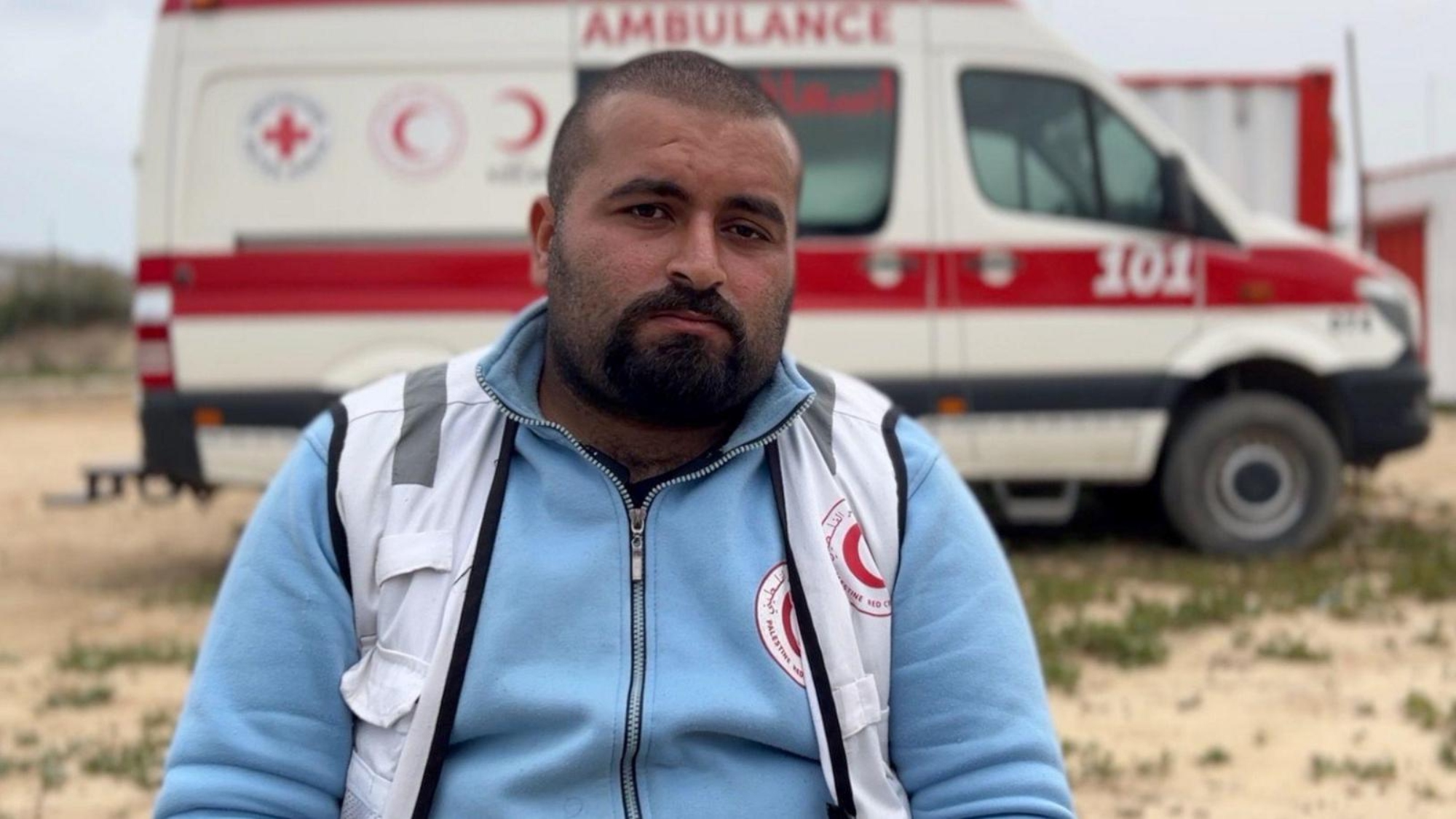

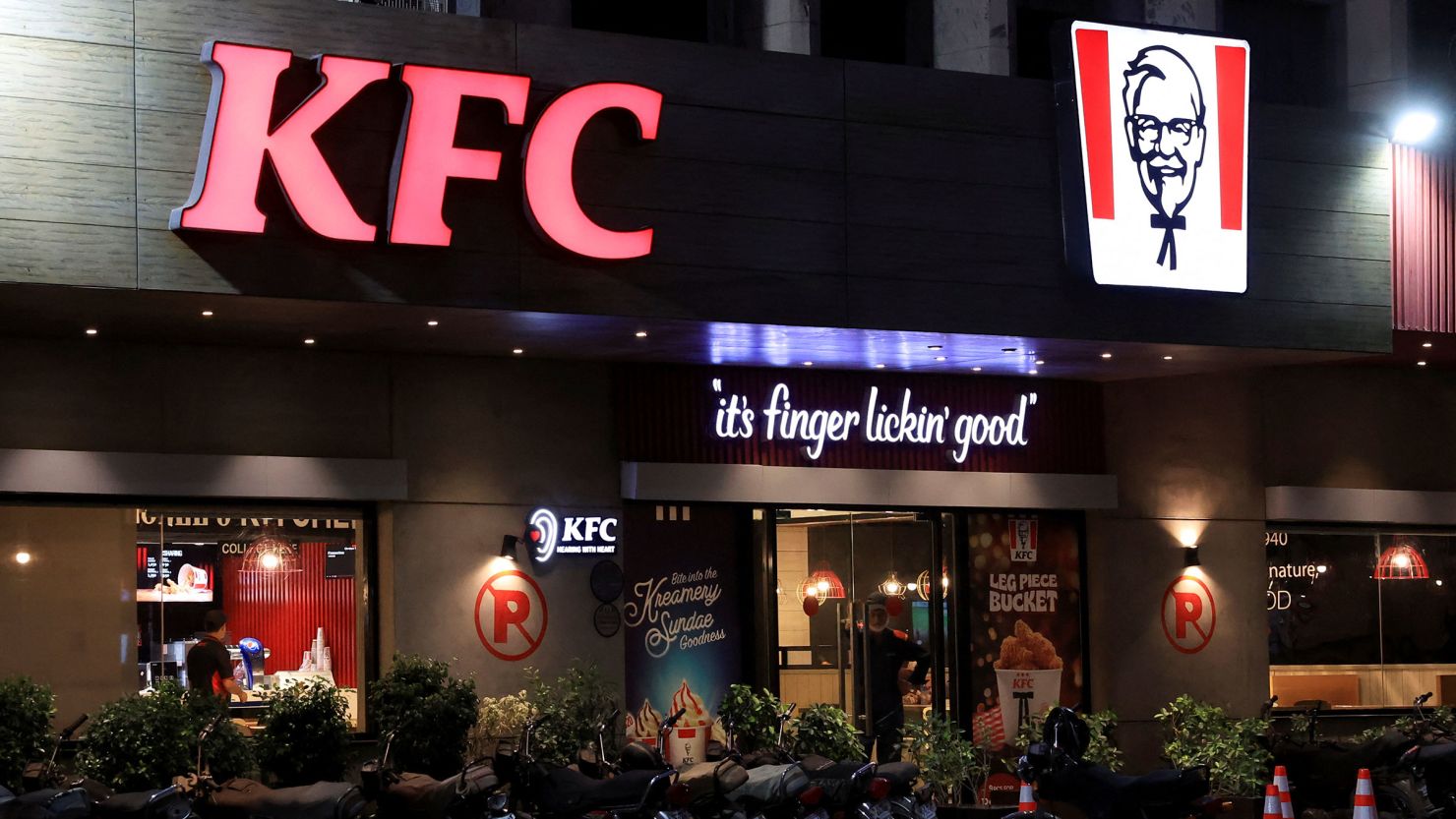
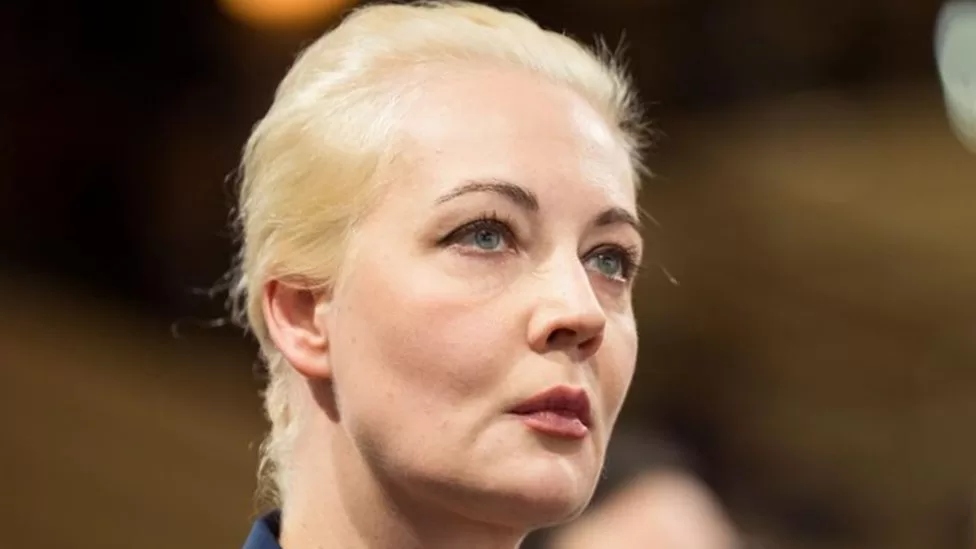
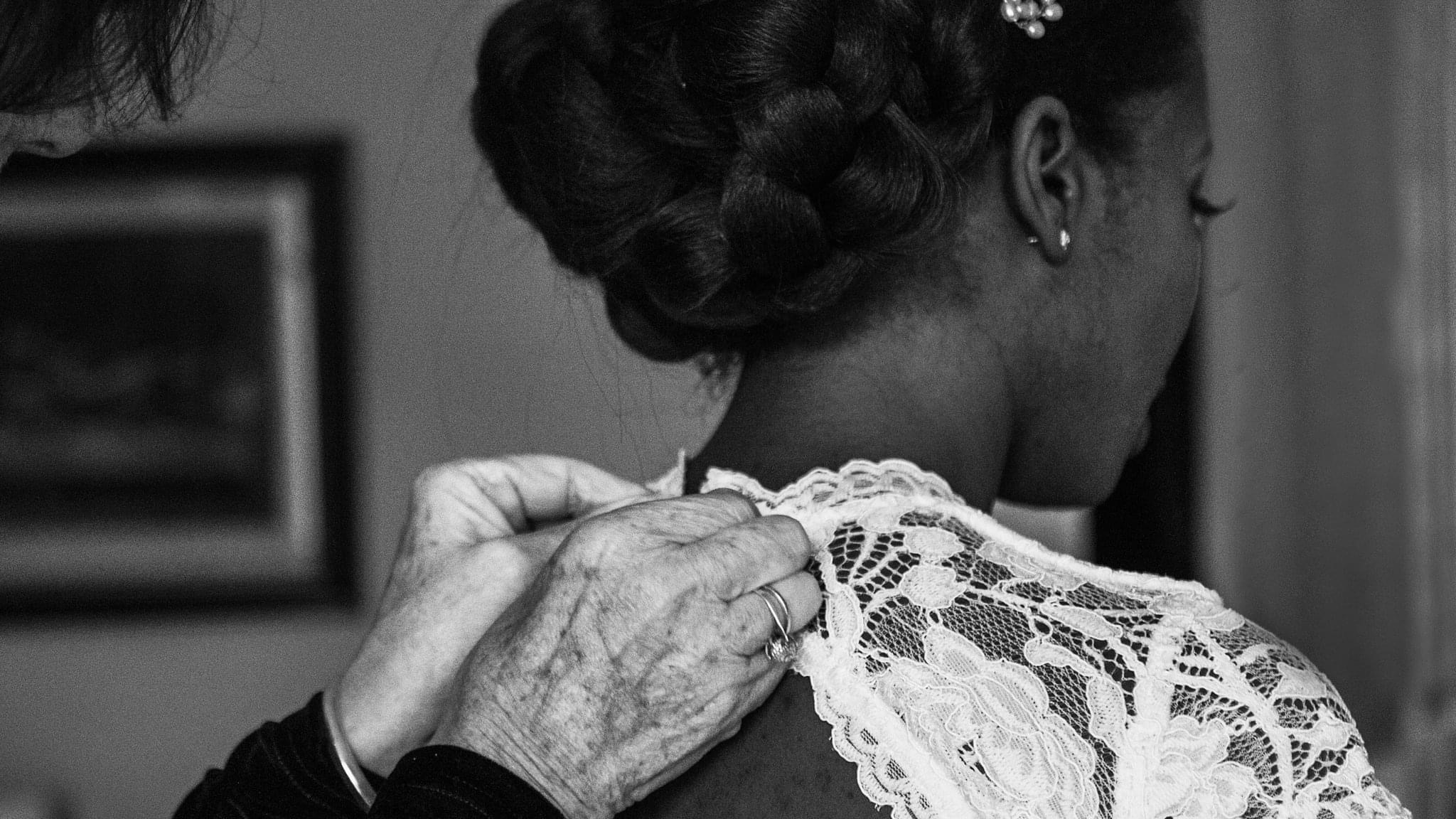
.jpg)
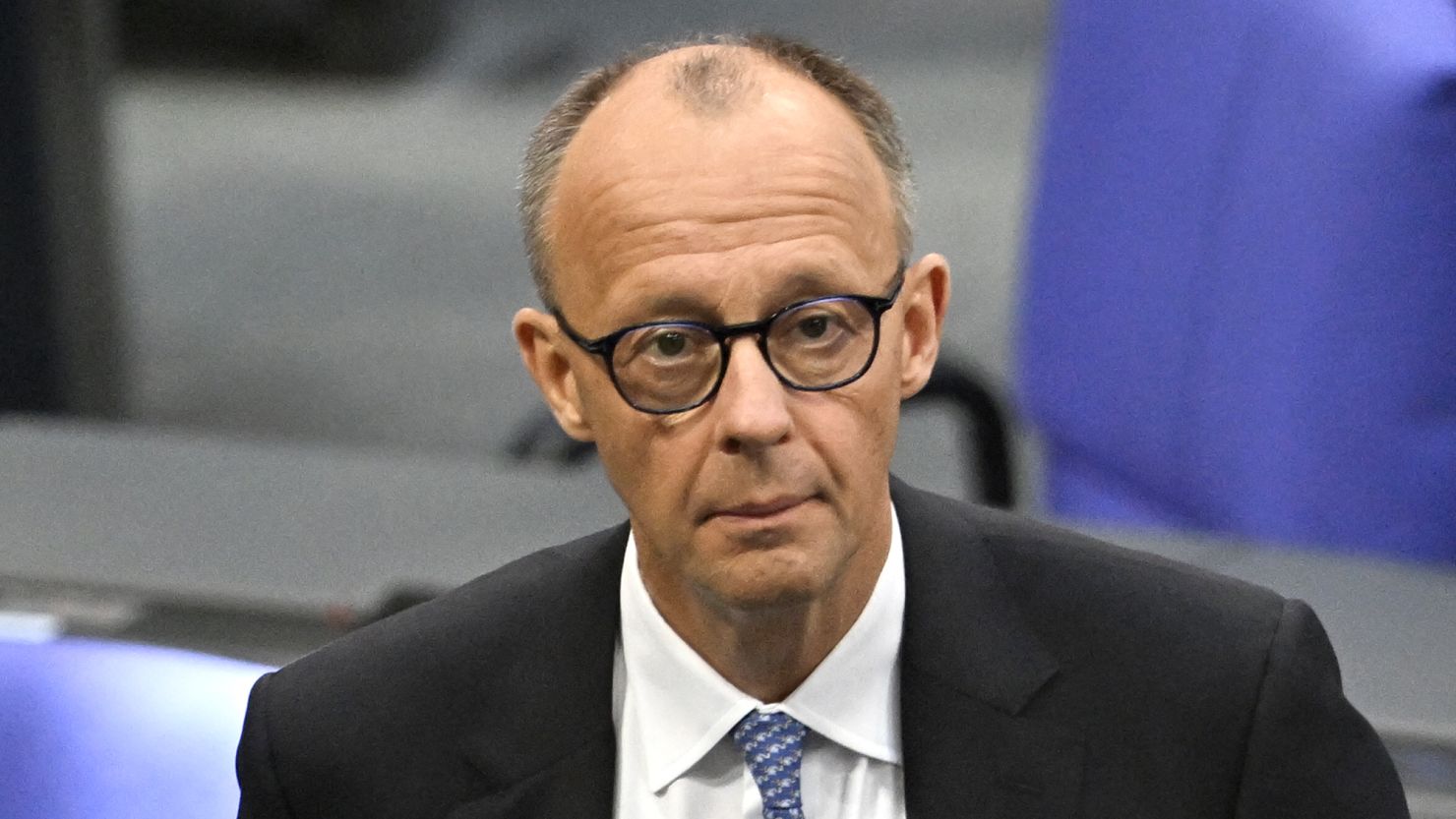

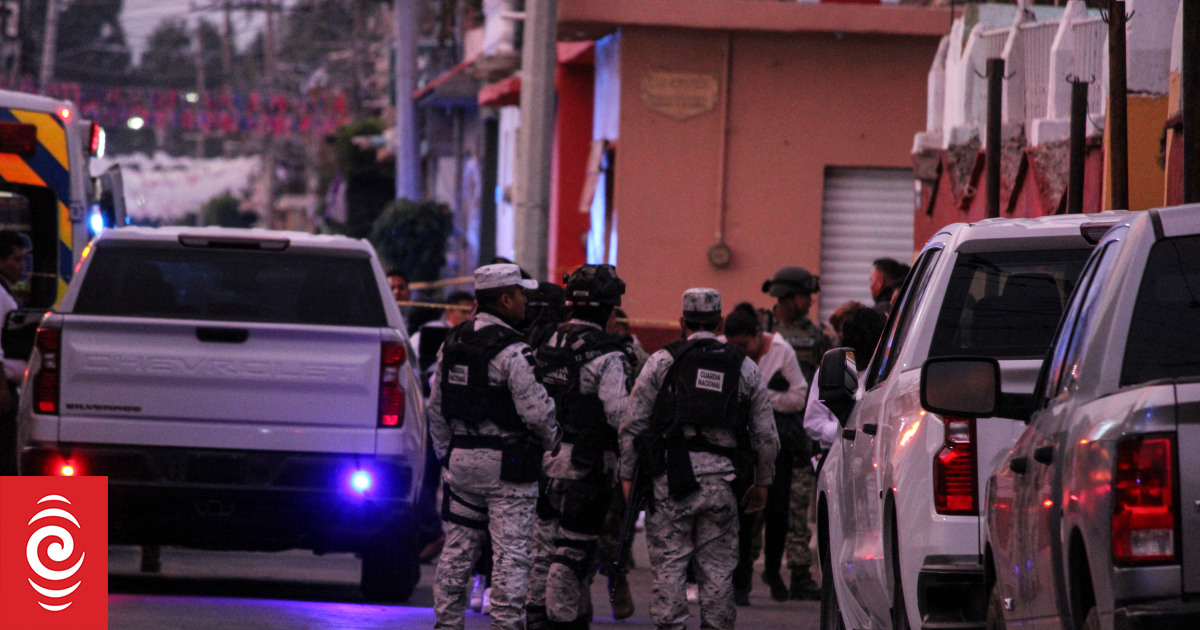

.jpg)